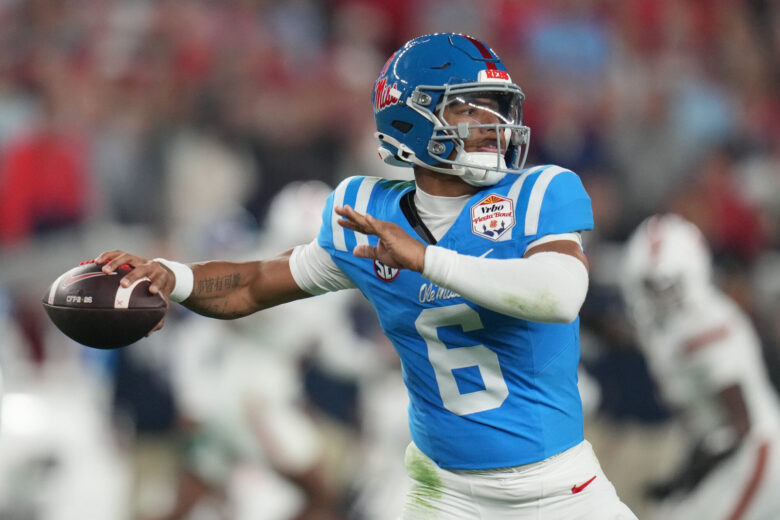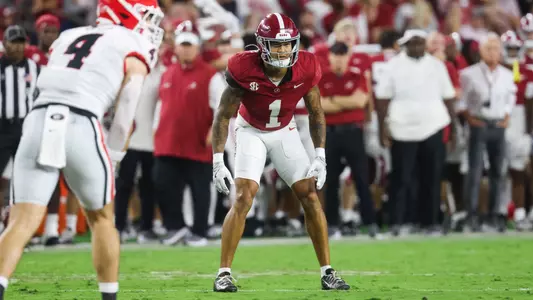By Charlie Campbell, @draftcampbell
Three years ago, we started a series of articles on why certain prospects went undrafted. In that series, I reach out to sources with NFL teams to find out why their organizations passed on drafting a given player, and/or, what were the reasons for other teams to pass on that prospect. We got a lot of positive reader feedback about the series, so we decided to expand in the genre to investigate why some prospects slid in the draft. A year later, we started the Why Slide? series, and this year, it is back. Feel free to email me requests for “Why the Slide?” and “Why Undrafted?” at [email protected]. I can’t promise to get to all of them, but I will do my best and definitely respond.
During the 2016 college football season, Texas running back D’Onta Foreman was one of the most dominating running backs in the nation. Despite the Longhorns not playing a bowl game, Foreman, who ran for over 2,000 yards, was more productive than other highly touted backs like Joe Mixon, Dalvin Cook, Christian McCaffrey and Leonard Fournette. Foreman skipped his senior year to enter the 2017 NFL Draft and was generally projected to be a second-round pick. The 6-foot, 233-pounder is a power runner with a burst who validated his speed when he ran a shockingly fast 40 time at his pro day. However in the 2017 NFL Draft, Foreman slid to the back half of the third round.
According to sources, Foreman graded out as a second-rounder by some teams. Others had him as a late second/early third-round pick. Sources from a couple of NFC teams said Foreman was one of those players who could easily have gone higher but just happened to slide because the draft evolved that way. One NFC general manager felt that Foreman didn’t always run as big as his size would indicate. Still around the league, he was considered a good value as a late third-rounder.
The Houston Texans ended Foreman’s fall, and that was a good landing spot for him. The Texans are a team that runs the ball a lot and likes to use a rotation of running backs. In 2016, Houston fielded the eighth-ranked rushing attack despite bad quarterback play and an offensive line that was ravaged by injuries. Texans head coach Bill O’Brien has stated they felt they gave veteran Lamar Miller too large of a work load and wanted to reduce his carries in 2017. Foreman gives Houston a power back capable of handling a big work load, and he is a nice contrast to the fast and shifty Miller. Foreman also is staying in state, not far from his home, where he is very close with his twin brother. Foreman also goes to a team with the makings of a good passing offense depending on the development of rookie quarterback Deshaun Watson. Foreman could back up Miller for a year or two, and if Foreman does well, he could emerge as a starter for the Texans.
2026 NFL Mock Draft - Feb. 12
NFL Picks - Feb. 9
Fantasy Football Rankings - Jan. 29
NFL Power Rankings - Jan. 26


